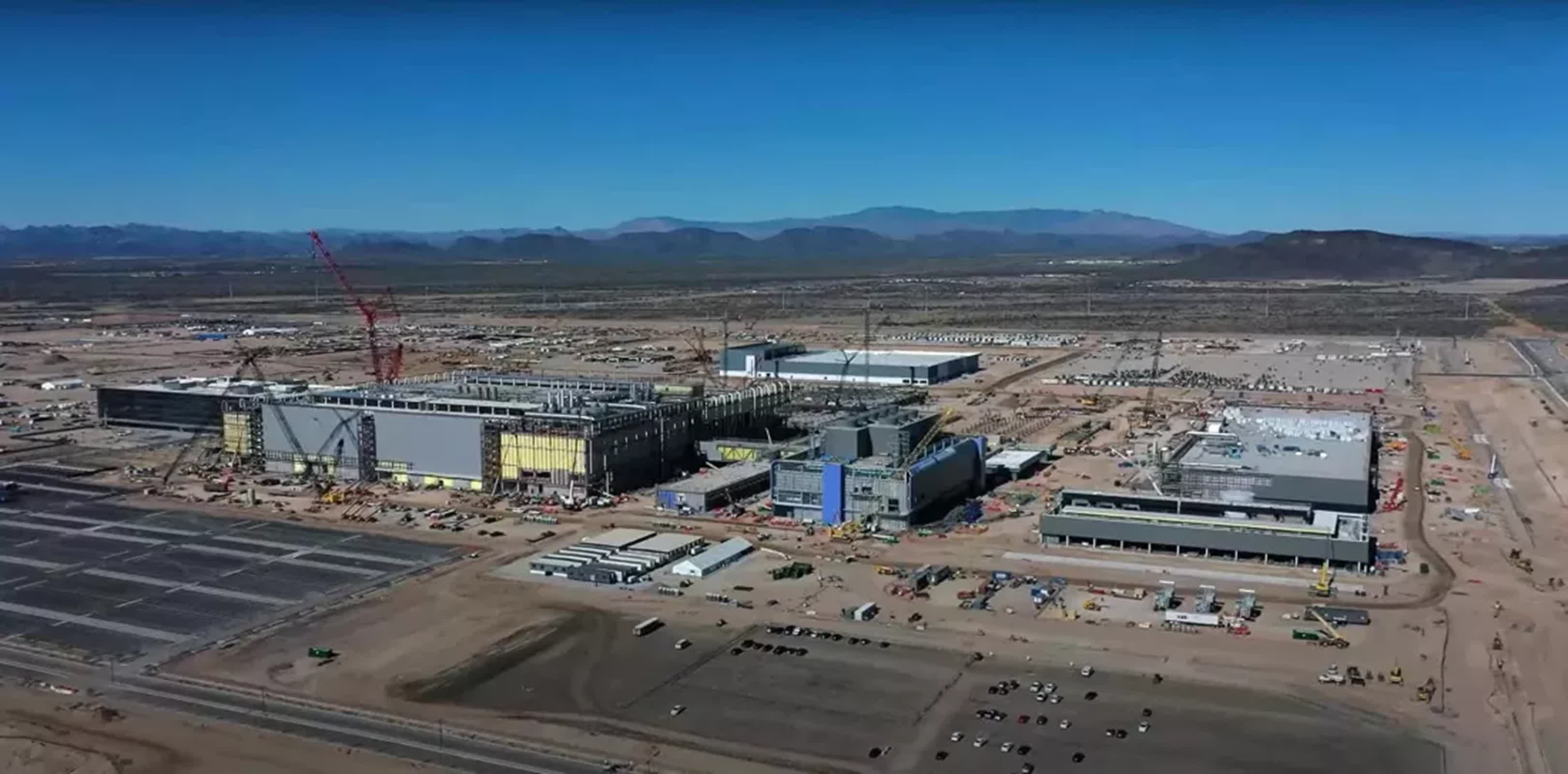Serving tech enthusiasts for over 25 years.
TechSpot means tech analysis and advice you can trust.
Big quote: Former Intel CEO Pat Gelsinger has cast doubt on the effectiveness of TSMC's $100 billion investment in U.S. chip manufacturing, claiming that it will not restore American leadership in the semiconductor industry. In a recent interview with the Financial Times, Gelsinger emphasized the critical role of research and development in maintaining semiconductor leadership.
"If you don't have R&D in the U.S., you will not have semiconductor leadership in the U.S.," he told the publication. Gelsinger pointed out that TSMC's core research and development activities remain concentrated in Taiwan, with no announced plans to relocate these operations to the United States.
While acknowledging that TSMC's investment will increase U.S. semiconductor production capacity, Gelsinger argued that manufacturing alone is insufficient to regain technological leadership. "Unless you're designing the next-generation transistor technology in the U.S., you do not have leadership in the U.S.," he said.
Gelsinger conceded that President Donald Trump's tariff threats had been "incrementally beneficial" in incentivizing companies like TSMC to establish facilities on American soil. However, he maintained that this alone would not address the fundamental issue of technological leadership.

The former Intel chief's comments come in the wake of TSMC's plans to invest an additional $100 billion in the United States, bringing the total planned U.S. investment to $165 billion. This expansion includes constructing three new fabrication plants, two advanced packaging facilities, and a major R&D center in Arizona. According to TSMC CEO C.C. Wei, the investment is expected to create tens of thousands of high-paying, high-tech jobs and drive more than $200 billion in indirect economic output across the United States over the next decade.
Despite the massive scale of TSMC's investment, Gelsinger's critique highlights a crucial distinction between manufacturing capacity and technological innovation. TSMC has indicated that its U.S. development will focus on refining existing processes while its core research and development will remain in Taiwan. This arrangement, according to Gelsinger, perpetuates U.S. dependence on foreign-developed technologies.
Gelsinger's remarks reflect broader concerns about the U.S. semiconductor industry's ability to compete globally. Despite massive investments and government support through initiatives like the CHIPS Act, questions persist over whether these efforts will be sufficient to close the gap with industry leaders.
In addition to his critique of TSMC's investment, Gelsinger touched on other industry developments. He dismissed the achievements of Chinese AI startup DeepSeek as "good engineering" but lacking "major breakthroughs."
He also emphasized the need for new technologies to drastically reduce the cost of AI inference, arguing that current AI solutions are "much too expensive" for widespread deployment.
Gelsinger's comments come as he transitions to a new role as a general partner at Playground Global, a Silicon Valley venture capital firm specializing in deep tech investments. His departure from Intel in December 2024 marked the end of a tenure characterized by ambitious plans to revitalize the company's manufacturing capabilities and challenge TSMC's market dominance.








 English (US) ·
English (US) ·